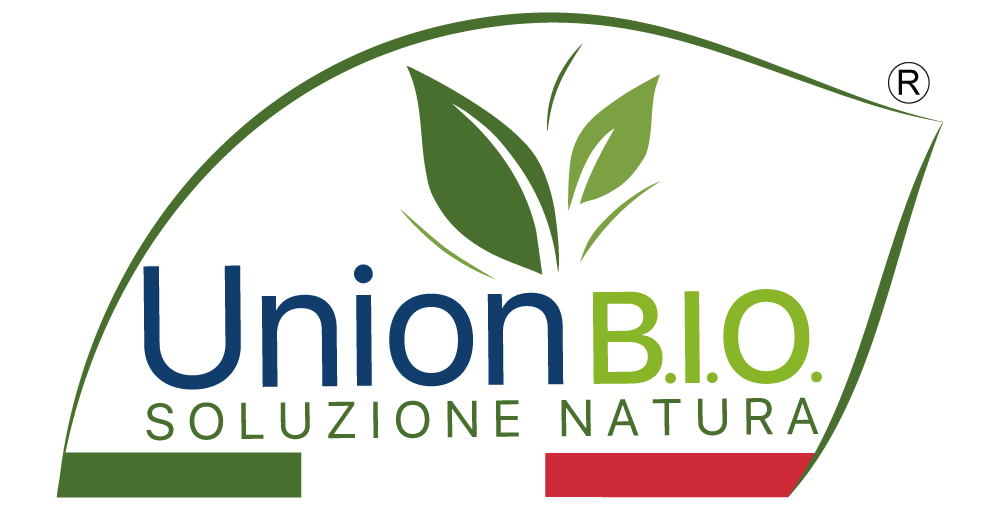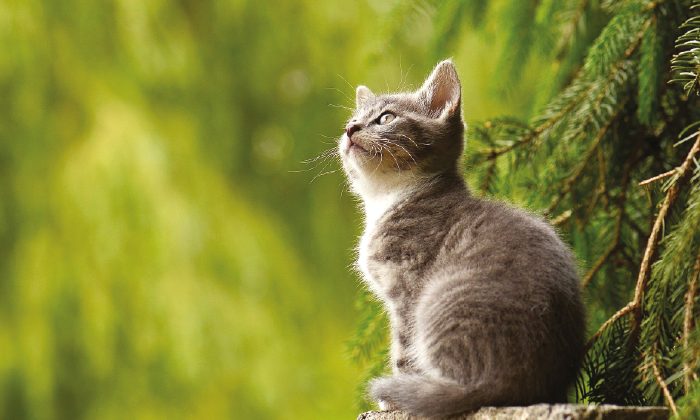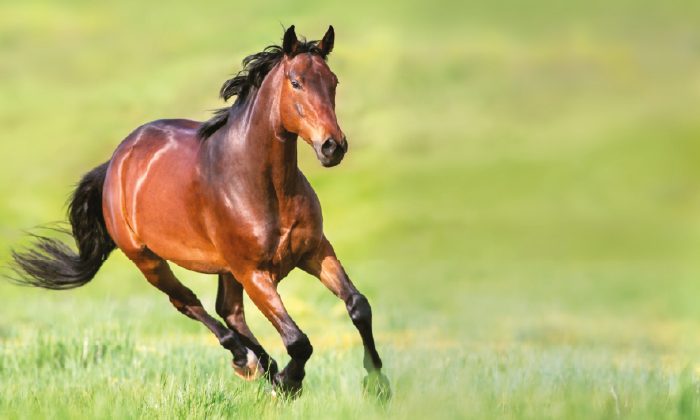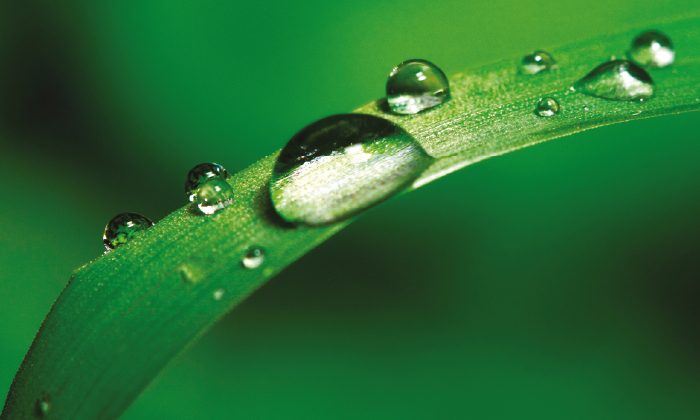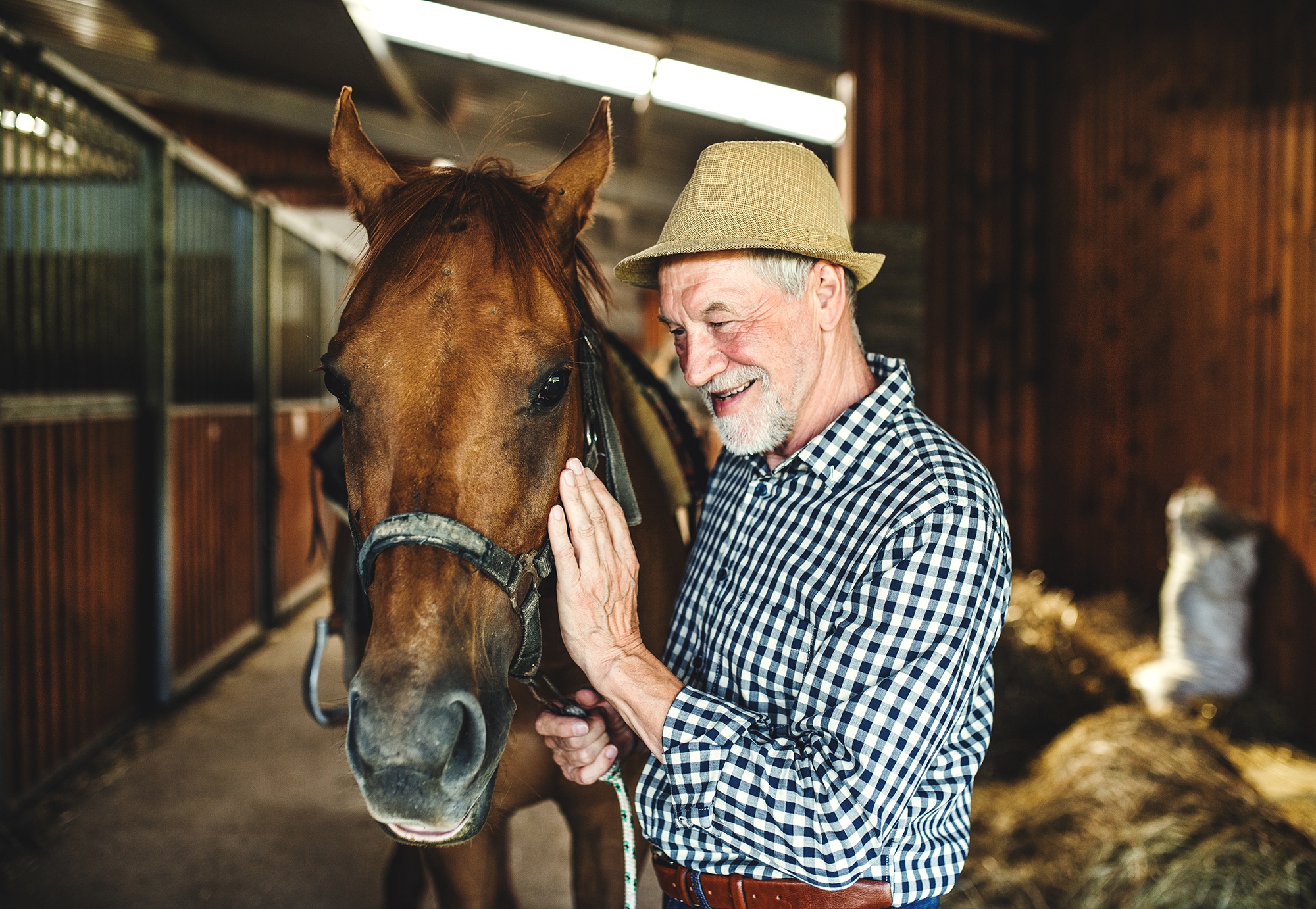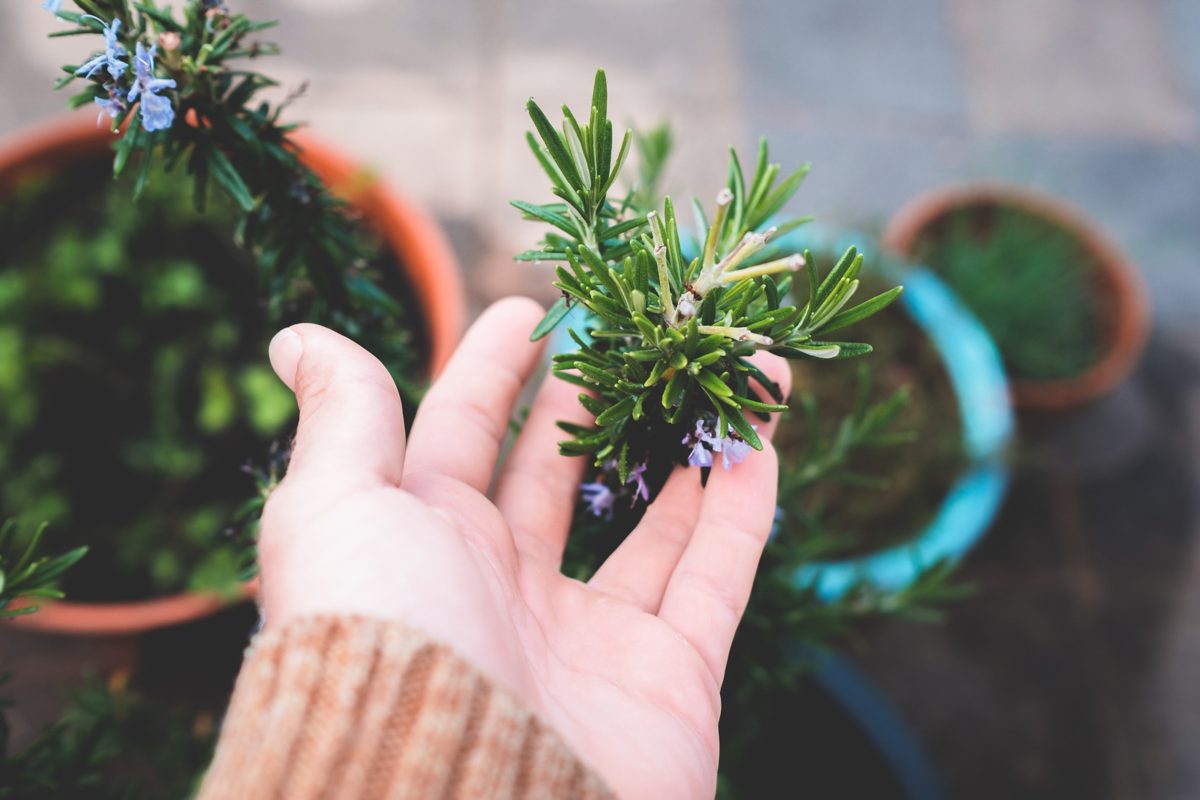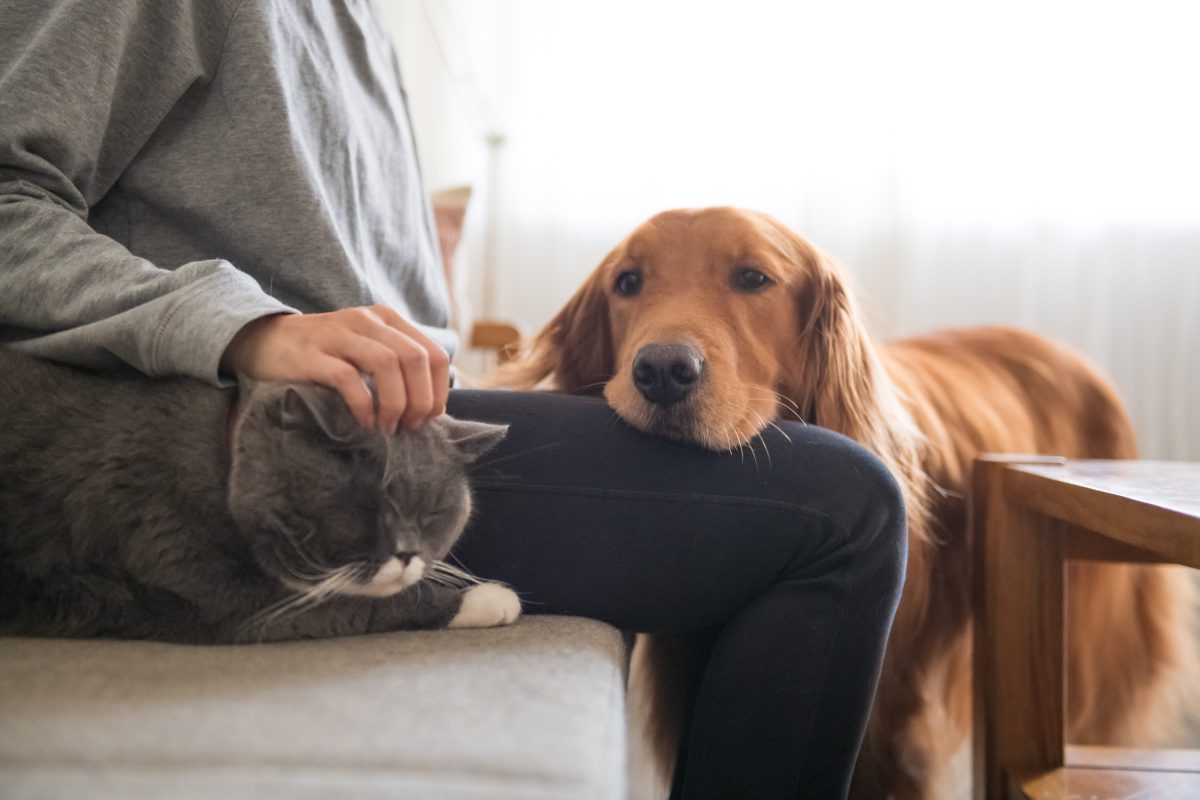In recent years, the life expectancy of horses has significantly increased, in fact their average life cycle is around thirty years and a horse is considered old once it is over twenty years old. Beyond this age, the horse can still continue to work and can live peacefully and with dignity even up to thirty-five years.
We should not be surprised if we happen to see an elderly horse still capable of riding or even competing. This is probably due to several reasons, including one more correct management by the owners, greater scientific knowledge, improvements in the veterinary medicine and animal feed.
As it happens for people, also for horses the advancement of age determines a gradual deterioration of physical condition, bringing with it more or less serious problems, such as muscle stiffness, respiratory disease, liver disease, colic, difficulty digesting, weight loss, hair loss or difficulty in changing it, dental problems, hormonal diseases etc ...
With aging, our horse will need more and more care and attention, both in terms of nutrition and the conditions of the environment in which it lives.
OLD HORSE AND MOVEMENT
An elderly horse inevitably accomplishes less movement and it's physically less performing. This does not mean that our four-legged friend can still be an excellent walking companion.
Un adequate training program, greater attention to the reduction of any musculoskeletal pains and a good stimulation of his energy metabolism and immune system, they can certainly help keep him fit and accompany us in various activities even during his old age.

DENTAL AND DIGESTION PROBLEMS IN THE ELDERLY HORSE
In older horses i digestion problems they are frequent and can cause debilitation, weight and muscle mass reduction, affecting the general state of well-being. Such ailments often result from dental problems, which reduce the ability to chew food and consequently their digestibility and the absorption of nutrients. In these cases, softer forages and moist feeds are useful, also to avoid suffocation during meals and the possibility of colic occurring.
Horses may also experience a decreased appetite, reduced sense of thirst e weight loss. Reviewing the food ration, perhaps together with a nutritionist veterinarian, can help them to better cope with their third age and any pathologies they suffer from.
WELL-BEING OF THE RESPIRATORY TRACT
In horses of advanced age, diseases related torespiratory system, in some cases due to the environment and climatic conditions in which they lived. Years of inhaling dust in the playpen and nights spent in the cold can lead to negative consequences in the long run. For this reason, the hygiene of the barn, as well as ensuring the foot well-beingit also helps keep the horse's respiratory tract healthy.

PROJECTED IMPACT
Many horses are capable of leading a good quality life even after the end of their sports career or when they are no longer able to deal with heavy work. Inside the stables they prove themselves excellent companions for younger horses, perfect for business ippotherapy and big children's friends who approach the equestrian world.
The use of natural products for the well-being of the horse and a constant comparison with the veterinarian of trust, will help each individual to better face the last years of his or her life.
It may interest you:
Horse: how to take care of the foot
The respiratory diseases of our horse friends
